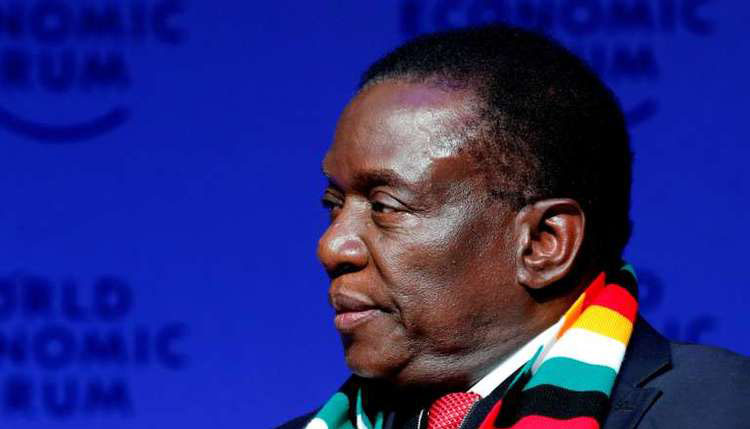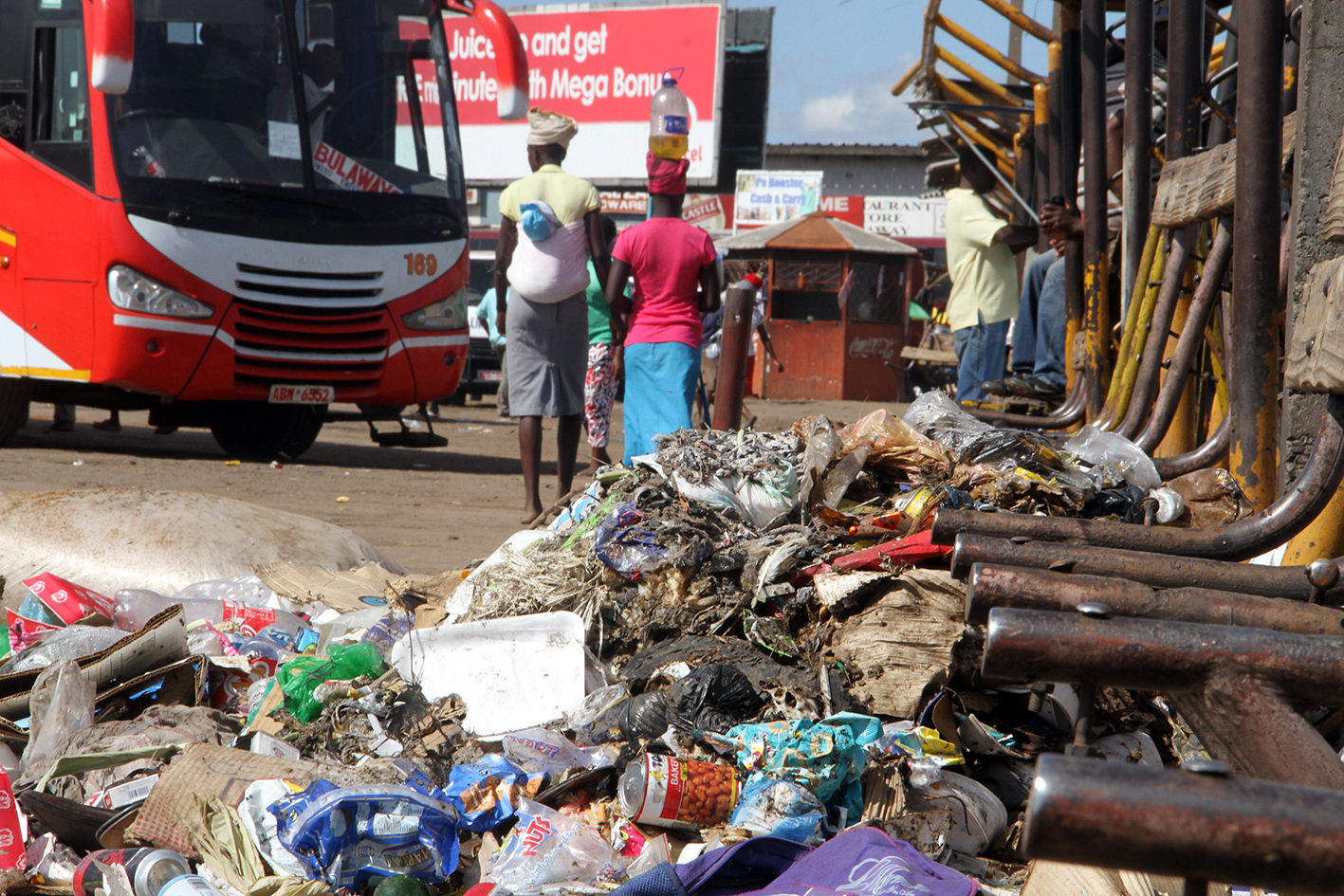
The Sunday Mail

With the Switzerland mission accomplished, President Mnangagwa made a stopover in Addis Ababa, Ethiopia, for the 30th African Union (AU) Summit.
And perhaps similar to his exploits in Davos, the Head of State took the opportunity to update the region on the latest developments in Zimbabwe in respect of the new political dispensation.
It was the first time for a Zimbabwean Head of State to participate in the World Economic Forum (WEF), and predictably, it was a highly anticipated and momentous occasion for the country.
The WEF tends to be focused on six common agendas – the global, geo-political, economic, future, regional and national, and industry and business.
In light of the above, the critical question is how Zimbabwe fared in its inaugural appearance.
Well, first things first.
It’s critical to put important situations in their proper contexts.
Zimbabwe’s participation at WEF came on the back of a significant change in the country’s new political and economic dispensation culminating in the inauguration of post-independence Zimbabwe’s second executive President Emmerson Mnangagwa.
Since his rise to the helm of the country, President Mnangagwa has been consistent in his neo-liberal views.
On countless times, the President has declared that Zimbabwe is open for business.
At WEF, President Mnangagwa acquitted himself well.
Having met some of the world’s top economic and business executives including those from the International Monetary Fund (IMF) and the World Bank, President Mnangagwa pledged a return to the rule of law and respect for property rights.
He also promised free and fair polls, which are due within the next five months.
“In my own view, we want to consolidate and deepen constitutionalism in Zimbabwe. And in terms of our current constitution, every five years we are required to submit ourselves to seek a new mandate, so the five-year term ends in July.
“The constitution even allows us to have elections even six months before the last date in July.
“Because of the introduction of the Biometric Voter Registration – a new system of voting which we are introducing, which I think is ending on the 12th of February next month.
“After the 12th of February I will be able to make a proclamation of elections. So I believe that elections will not be in July, they will be earlier than July,” said the President.
He continued: “I have said that this time around Zimbabwe is open and transparent. We want to have free, fair, credible elections, free of violence. If you have that criteria why would we want to deny international observers coming into our country?
“Obviously like in the past SADC, whether it is political parties, whether it is government or Parliament, it is automatic that they come. It’s an understanding which is there between ourselves. The same with the continental body, that is the AU, they can observe. But this time I have gone further and said the EU if they want to observe our elections I will welcome them.”
This clearly struck a chord with the majority of the WEF delegates.
Clearly these meetings examine – in depth – the social and economic transformations occurring in all regions of the world through informal interaction, with over 250 political leaders, on trade and investment-related issues in various national and regional contexts.
The way Zimbabwe articulated its future prospects surely must have ticked off all the six boxes in respect of the above-mentioned Davos agendas.
Judging with the reception and the number of requests for engagements with the Zimbabwe delegation prior to, and during Davos 2018, it’s unmistakable that the world is interested in Zimbabwe and which trajectory it will take going forward.
With the Switzerland mission accomplished, President Mnangagwa made a stopover in Addis Ababa, Ethiopia, for the 30th African Union (AU) Summit.
And perhaps similar to his exploits in Davos, the Head of State took the opportunity to update the region on the latest developments in Zimbabwe in respect of the new political dispensation.
This was his first big engagement with leaders of the AU since he came into power so it was a very critical moment.
President Mnangagwa is among a new crop of African leaders who recently became Heads of State and Government in their respective countries, including Liberia President George Weah and Angola’s Joao Lourenco.
One key outcome of the AU Summit was the call for countries in the Sub Saharan Africa region to develop macro-economic policies that enhance job creation and drive sustained economic growth and development.
This was in line with one of the “new kids on the AU block” – President Mnangagwa’s economic vision for Zimbabwe.
“We must make sure we create jobs, jobs and jobs. And to do so we must have foreign direct investment coming in,” he said on the sidelines of the summit.
The prospects for the continent, and hence for Zimbabwe, look bright.
Africa’s real output growth is estimated to have increased 3, 6 percent in 2017, up from 2, 2 percent in 2016, and is projected to accelerate to 4, 1 percent in 2018 and 2019.






